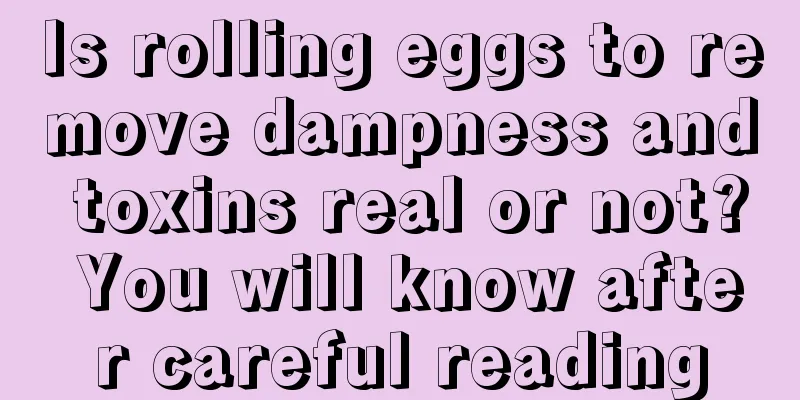Seven things you should never say to others

|
When you say something wrong, the other person glares at you with red face and ears, but the problem is not what you said, but what he heard. There are some things you say that won't cause an argument between you and the person you're saying them to, but they will not only make you feel bad, but they will also damage your relationships with your friends, family, and colleagues. The worst part is, you may not even realize it. Here are seven things you should never say to someone: 1. “I’m not interested.” When you say this, the other person hears: "Leave me alone. I have more important things to do than listen to you." You should explain to the other person why you are interested in what he is saying, but you should also explain why now is not the best time to listen to him. Everyone is important. Not caring about others is to ignore their existence: if you value others, others will value you. 2. “You’re not right.” When you say this, the other person hears: "You are so stupid, you know nothing, and you are totally worthless." You should respond with a more diplomatic statement, such as "I think you mean..." or "My understanding is..." If necessary, you should ask questions to confirm that your understanding is consistent. 3. “You can’t do that!” What the other person hears is: "No matter how hard you try, you can't do it, so why bother?" Why do you assume that others will fail? I understand that you don't want your friends to live out their fantasies, and you feel it's your responsibility to stop them before they hurt themselves. But let me ask you a question: How can you tell what is good for someone else? What if failure is the perfect experience for growth? When others choose a challenging path, you should encourage them. Good judgment comes from experience, but experience comes from bad judgment. —Will Rogers 4. “It’s so easy!” What the other person hears is: "This is easy for most people. If you find it difficult to do it, there must be something wrong with you." The difficulty of a task varies from person to person, and everyone has his or her own brilliance. If you tell someone they have a great job, you are denying their contribution to society and implying that they don't deserve the salary they are getting. If someone encounters difficulties and asks you for help, it means that he trusts you enough and is willing to show his vulnerable side in front of you. In this case, don't embarrass him by saying "It's very simple". You need to recognize the challenges people face and appreciate their determination to overcome them. 5. “I told you so!” What the other person hears is: "You didn't listen to what I said. It's all your fault. I'm much better than you." This situation is very common, never say it. The matter is done and there is no point in saying anything - especially when others urgently need your help. Don't be too fussy about who is right or wrong. If this is a competition, then those who are fussy will definitely lose. Be eager to help others, and don't rub salt into their wounds. 6. “Like I said before.” What the other person hears is: "You didn't even listen to me, and now you're asking me to repeat myself. How annoying!" This sentence will inadvertently end the conversation between you. If someone asks you a question and you say you've already answered it, you're killing their motivation to learn and may even make them lose interest in what you have to say. What you should do is answer the same question in another way, in a different language. Tell someone what you were going to say, tell them, then tell them what you said. —Aristotle 7. "Good luck!" What the other party hears is: "Nothing can help me succeed except luck. Let's all pray for good luck like the once-in-a-millennium chance to find the same orbit as the stars, and then you will succeed!" At the same time, begging for good luck is inherently bad. Optimistic people often say "break a leg" or "merde (French equivalent of shit in English)". The origin of this saying is that in ancient times, performances to celebrate success often attracted many people driving horse-drawn carriages, which would result in a lot of horse manure. Maybe that's why people slip and "break a leg." Don't attribute your success to luck, but attribute it to the personality traits of successful people. “Show them your guts!” “Show them the good qualities they’ll remember for the rest of their lives!” |
<<: Some body parts are healthier when they are “dirtier”
>>: 6 small things to comprehensively enhance liver function
Recommend
How to prevent lung cancer? The 4 most effective ways to prevent lung cancer
You know, many diseases can be prevented in advan...
When is the best time to take hangover pills
Most people may think that some hangover-detoxify...
What vitamins can help hair growth when losing hair
Many people think that hair loss is a physiologic...
Dangers of not unplugging the charger
Mobile phones are the most common communication d...
What are the symptoms of bladder cancer
Bladder cancer is the most common malignant tumor...
What are the preventive measures for childhood brain cancer?
With the development of today's society, the ...
What is the Hepatitis C window period
Many friends do not understand the window period ...
Can I drink red wine if my uric acid level is high
In life, many people prefer to drink red wine, be...
Can wearing a bra for a long time cause breast cancer? Beware of the five dangers of wearing a bra frequently
Bras are a must-have item in women's daily li...
A red mark suddenly appears on your face?
Allergic dermatitis is a very common disease in d...
What are the methods of interventional treatment for liver cancer? 3 methods of interventional treatment for liver cancer
1. Selective hepatic artery perfusion This type o...
What should I do if I have a stuffy nose, cough and yellow phlegm?
We all know that there are viruses around us all ...
How to restore shrunk cotton clothes
When we wash clothes, we often encounter the phen...
Is athlete's foot caused by excessive moisture?
Athlete's foot is a common skin disease of th...
Recommended Chinese medicine for liver nourishment
Whether the liver is healthy directly affects a p...









